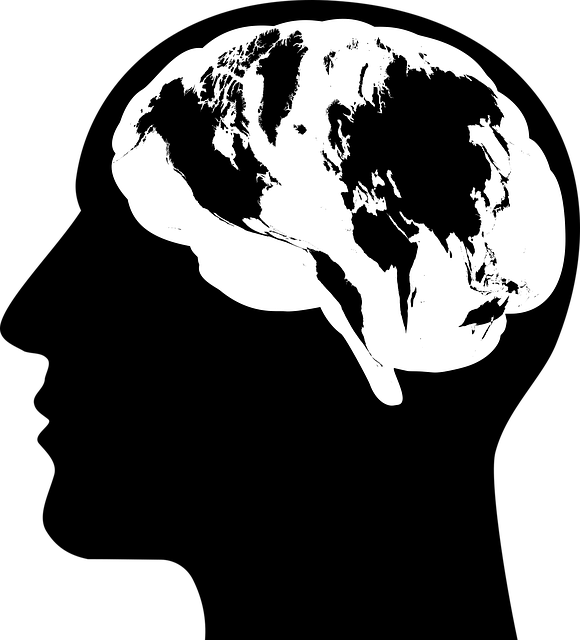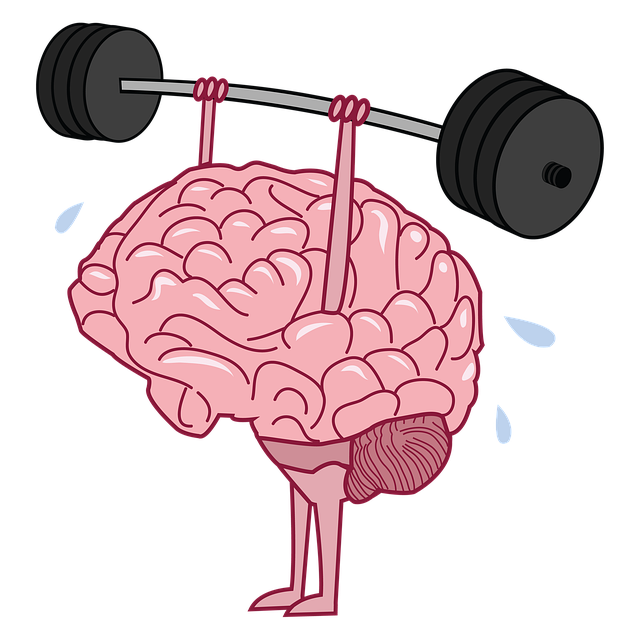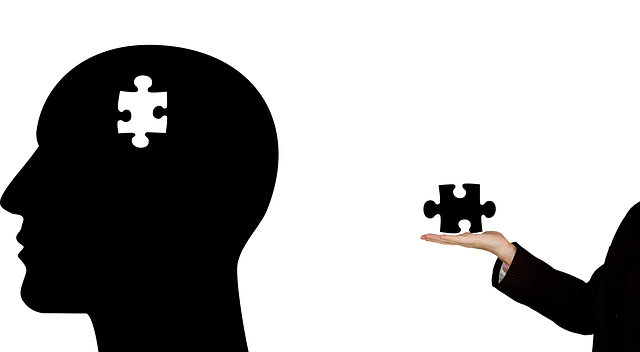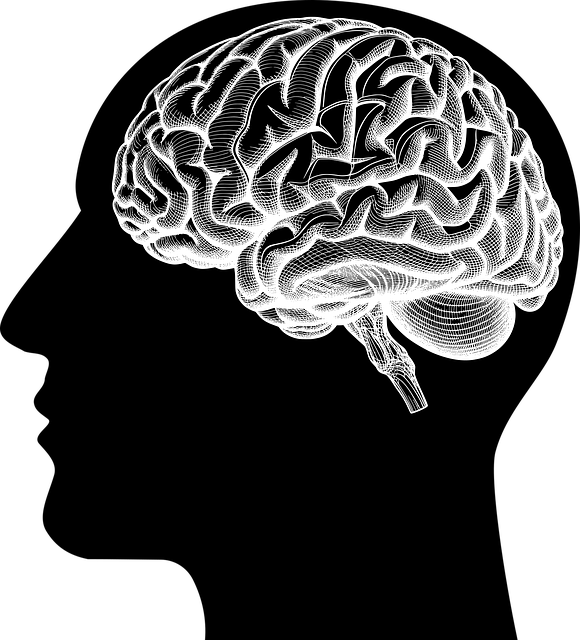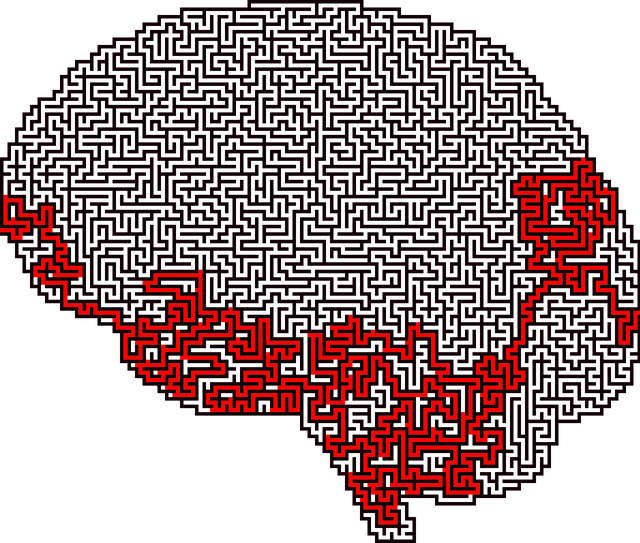The text highlights the growing mental health crisis among the elderly, driven by an aging population facing unique challenges like stress, loneliness, and isolation. It emphasizes the risk of depression, anxiety, and cognitive decline due to factors such as spouse loss, health problems, and financial worries. Tailored therapy for elders and compassionate cultivation practices are crucial. Community outreach programs focused on resilience building gain recognition, offering accessible resources, counseling, and peer support to promote belonging and well-being. Crisis hotline services, empowered by mindfulness meditation techniques and mental health education, provide a safe space for elders to express concerns. Telehealth and cultural sensitivity in mental healthcare address barriers, while specialized training ensures crisis hotline operators can deliver effective interventions. Post-crisis care through CBT, mindfulness, and peer support groups, along with mental health education programs, is vital for long-term well-being.
In today’s fast-paced world, mental health crises among the elderly pose a growing concern. As our population ages, understanding and addressing geriatric mental health has become paramount. This article explores the vital role of crisis hotline services in providing immediate support to seniors. We delve into specific strategies, including overcoming access barriers to therapy, ensuring competent care through specialized training, and implementing post-crisis interventions for long-term well-being. Discover how these measures enhance geriatrics mental health management, offering a lifeline for elders in need.
- Understanding Elderly Mental Health Crises: A Growing Concern
- The Role of Crisis Hotline Services in Geriatric Support
- Accessing Therapy: Barriers and Solutions for Elders
- Training and Preparation: Ensuring Quality Care on the Line
- Post-Crisis Care: Long-Term Support and Prevention Strategies
Understanding Elderly Mental Health Crises: A Growing Concern

The mental health crisis among the elderly is a growing concern within geriatrics. As our population ages, understanding and addressing unique challenges faced by older adults becomes increasingly vital. Elderly individuals often experience heightened levels of stress, loneliness, and isolation, which can lead to significant mental health crises. These issues might include depression, anxiety disorders, and cognitive decline. Factors such as the loss of a spouse, physical health problems, limited social connections, and financial worries can contribute to an elevated risk of mental distress in this demographic.
Providing therapy for elders and implementing compassionate cultivation practices can be transformative. Community outreach program initiatives focused on resilience building within senior populations are gaining recognition. These support services aim to foster a sense of belonging and promote well-being by offering accessible resources, counseling, and peer support tailored specifically for the elderly community.
The Role of Crisis Hotline Services in Geriatric Support

Crisis hotline services play a pivotal role in providing immediate support and guidance for seniors facing mental health challenges. Geriatric populations often encounter unique barriers to accessing traditional therapy, making these hotlines invaluable resources. They offer a safe space for elders to express their concerns, whether it’s managing depression, anxiety, or coping with life transitions. Trained professionals on these lines are equipped to provide crisis intervention, emotional support, and valuable referrals tailored to the specific needs of older adults.
Incorporating mindfulness meditation techniques into hotline programs can further enhance their effectiveness. Promoting mental health awareness and education among geriatrics is essential, encouraging open conversations about age-related mental health issues. The design of these services should consider comprehensive mental health education programs that empower seniors with coping strategies, fostering improved well-being and quality of life.
Accessing Therapy: Barriers and Solutions for Elders

Accessing therapy can present unique challenges for elders within the geriatrics community. Barriers include physical limitations that may restrict their ability to travel to in-person sessions, financial constraints that could deter them from seeking professional help, and a general stigma surrounding mental health issues among older adults. Despite these hurdles, there are solutions available to facilitate therapy for this demographic.
Telehealth services have proven invaluable, offering elders the convenience of receiving counseling from home. This approach addresses mobility issues and removes financial barriers associated with transportation costs. Moreover, cultural sensitivity in mental healthcare practice is essential to ensure that therapeutic environments cater to the diverse needs and beliefs of older adults. Increased mental health awareness campaigns specifically targeted at geriatrics can also empower individuals to take that first step towards seeking anxiety relief and improving their overall well-being.
Training and Preparation: Ensuring Quality Care on the Line

Effective mental health crisis hotline support requires rigorous training and preparation to ensure quality care for all callers, especially when catering to elders and geriatrics. The unique challenges faced by older adults necessitate tailored approaches in therapy, making specialized training crucial. This includes understanding age-related cognitive changes, physical health conditions that can exacerbate mental health issues, and the potential for social isolation. Training should cover effective communication strategies, empathy, and tailored stress reduction methods suitable for geriatrics. Professionals must learn to navigate sensitive topics, recognize warning signs of severe mental distress, and provide immediate, appropriate interventions.
Preparation goes beyond initial training. Regular simulations, peer review, and continuous professional development sessions keep hotline operators adept at handling diverse caller needs. Incorporating mindfulness meditation techniques in these exercises can enhance operators’ emotional resilience, enabling them to offer consistent support throughout long shifts. A mental wellness podcast series production featuring expert insights on geriatric mental health could further enrich their understanding of emerging trends and best practices in serving this vulnerable demographic.
Post-Crisis Care: Long-Term Support and Prevention Strategies

Post-crisis care plays a pivotal role in fostering long-term support for individuals facing mental health challenges. For elders and geriatrics, specialized services tailored to their unique needs are essential. Therapy for elders can involve cognitive behavioral therapy (CBT), mindfulness practices, and peer support groups, which have proven effective in managing conditions like depression and anxiety. These therapeutic approaches not only address immediate concerns but also empower seniors with coping strategies to maintain mental wellness over time.
Preventive strategies are another critical aspect of post-crisis care. Mental health education programs designed for geriatrics can equip them with knowledge about stress management, healthy aging, and early recognition of mental health issues. Additionally, the production of mental wellness podcast series tailored to senior audiences can provide ongoing support and encouragement, promoting open conversations around mental health awareness among this demographic.
Mental health crises among the elderly are a growing concern, but crisis hotline services play a vital role in providing immediate support. By addressing barriers to therapy, ensuring proper training, and implementing post-crisis care strategies, we can revolutionize geriatric mental health support. Accessing quality therapy and long-term prevention methods are key to enhancing the well-being of seniors, fostering a vibrant and healthy aging landscape. Crisis hotline services serve as a crucial game changer, offering a lifeline for elders navigating mental health challenges, particularly in today’s digital era.


